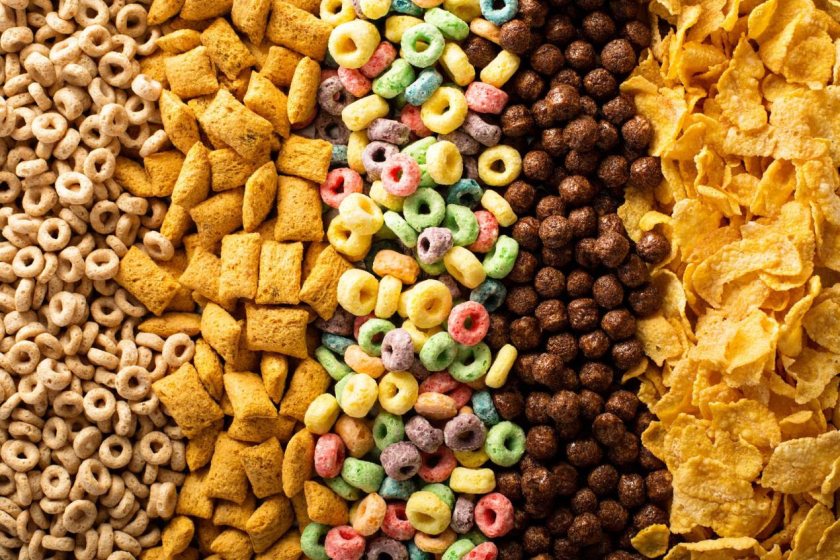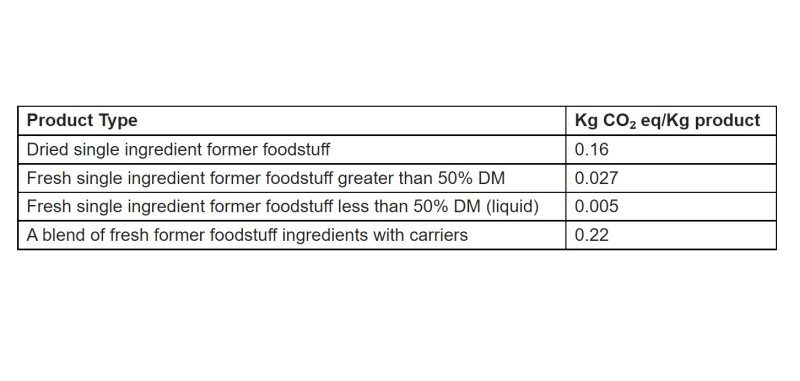
Verified carbon footprint scores for former food products used in animal feed have been released for the first time.
The UK Former Foodstuff Processors Association (UKFFPA) and the Agricultural Industries Confederation (AIC) have published data on the environmental impact of foodstuff.
The results could provide feed compounders with opportunities to reduce the environmental impacts of their feeds, the UKFFPA and AIC said.
This, in turn, would help farmers reduce the environmental impacts of their livestock enterprises.
UKFFPA members handle and process more than 650,000 tonnes of former foodstuffs per year.
Its processors typically use biscuits, bread, breakfast cereals, chocolate bars, pasta, savoury snacks and sweets, because of their high energy content in the form of sugars, oils and starch.
The end-product they produce, traditionally called 'biscuit meal', is delivered to compound feed manufacturers and in some cases directly to livestock farmers.
John Knight, chair of UKFFPA said: “Keeping these highly nutritious products in the circular economy is a key element in helping to reduce food waste, and an important step in creating a more sustainable future.”
Over the past year UKFFPA and its Dutch counterpart, VIDO submitted data to Blonk consultants in the Netherlands to compile a carbon footprint score for each of the four products handled across both associations.
The four product types tested and their results, expressed in CO2 equivalent units per Kg product, are highlighted in the table below.

David Moss, UKFFPA secretariat, said that having the data for the former foodstuffs sector will be important in enabling both feed compounders and livestock farmers to calculate the environmental impacts of their feeds.
“This data project contributes towards the circular economy targets set out in the AIC’s Roadmap for a Sustainable Food Chain," he said.
"The target was to secure a further 10% increase in resource recovery volumes by 2030 – something which UKFFPA members are confident they can achieve.”
